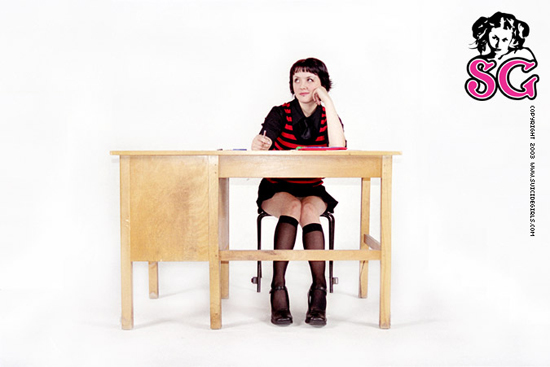
New Adventures in Low Finance1
Posted In Blog,Society
by Brett Warner
As far as pieces of paper go, this one isn’t especially impressive. At 14 x 11 inches, it won’t fit in any common sized frame. Thick and off-white, its menacing black ink still glistens slightly in the light. The stamped, indecipherable signatures of the Provost, President, and the Dean rest at the bottom; My name sits in the exact center, in the same archaic font as the university and school title. “In witness whereof we have caused this diploma to be signed by the duly authorized officers of the University and sealed with our corporate seal…” No frill, no frou-frou flourishes – just cold, dead language. At $158,298.25, this boring piece of paper is the most expensive thing I may ever own. I keep it in a box underneath the basement pool table.
NPR reports that in June of this year, student loan debt in the United States exceeded credit card debt for the first time, peaking this summer at $830 billion. Public and private tuition continues to skyrocket each year, out-escalating inflation and household incomes. In the 2008, the percentage of student loan defaults rose from 6.7 to 7 percent in a single year. In the case of for-profit colleges that number rises to 11.6 percent (according to Bloomberg). Extended repayment plans of up to 25 or 30 years have become commonplace, and an entire generation of college graduates have found themselves dependent on high-paying jobs for their very survival – jobs that may or, most likely, may not be waiting for them. Had I the foresight to know how bad the job market would eventually get, or even just exactly how much money I would owe, I might have made some very different choices. But as it stands, this author is one of thousands with a very costly piece of paper gathering dust. Standing for hours on end behind a cash register five days a week, it’s very easy to wonder, “What was the point of all this?”
Like any road to recovery, dealing with student loan debt is a long and hard process. The persistent letters and e-mails from Sallie Mae render acceptance pointless, so instead you learn to avoid regrets. It’s often difficult to see the big picture in any real life situation – the best you can do is to focus on the positive. Let’s repeat it together: I am, in fact, still successfully converting oxygen to CO2. I have a roof, clothing, food, Friday Night Lights, and the iTunes store. Things can always get worse and invariably do.
Moving back in with your parents comes first. The inevitable packing of boxes, the farewell drinks – adulthood was fun while it lasted, but now it’s back to their house and their rules. Weeks become months and college begins to feel like a long, beautiful dream – like imagining you had superpowers, only to wake and realize that you’re just another mild-mannered bore.
Job hunting comes next, but like a carton of 2% milk left out in the sun, that quickly goes sour. Desperate, you begin to strip yourself of all worldly and biological possessions: DVD boxed sets, vinyl records, rare books, sperm, blood, hair – all can be sold for a quick buck or two. As the eBay victories abound, your abhorrence for all material things becomes Zen-like. Good food loses its taste as you learn to master each of the local fast food menus, remembering which items can be added at no extra cost.

Like sand through the hourglass, so go the endless cover letters, portfolios, resumes and references. With each rare and treasured response, the interview process leads you through every grimy layer of the infernal suburban wasteland. Restaurants, hospitals, nursing homes, business offices, bookstores, and photography studios will all greet you with smiles and then quickly forget you. The joy of finally finding employment is soon squelched when you realize just how little of each paycheck you get to keep. Saving becomes impossible, and a pension cushioned retirement feels like a distant pipe dream.
The model life set by our parents – getting married and starting a family – feels especially preposterous. Those of us with substantial student loan debt won’t know what it’s like to buy a house or a car in our twenties or thirties. With the spiraling cost of college, the proliferation of increasingly less-prized diplomas and PhDs, and the paradoxically lower wages of our current economy, financial minds are now telling us we’d have been better off forgoing a quality college education altogether, content to sit back and watch compound interest accrue on the cash saved.
Might we be the first generation of Americans living completely on borrowed time? If so, maybe we’re better off that way. When the future is uncertain, the only thing to live for is the present, relishing each moment because we won’t be able to afford many more like it.
Personally, I’m crossing my fingers that the proper medical advances will occur, allowing me to finally enjoy my post-debt, golden years (cashiering at Wal-Mart, no doubt, without a 401K or nest egg to speak of), while my lesser educated former classmates are retiring to lakefront properties. “Who’s that eighty year-old man in the green cardigan, reading Kierkegaard behind the register?” you may ask. “Why, that’s the celebrated Ivy League college graduate, living each day to the fullest without a single care in the whole wide world.”

